LETTER FROM TRUMPLAND
As temperatures rise in America’s summer of discontent, a transgender doctor becomes a flashpoint

In Johannesburg, three decades ago, the homophobes were out in force: bible-thumpers trying to save our souls; right-wingers with their AWB swastikas. Last week, too, there were missionaries galore, with bibles and salvation brochures; giant pickup trucks, with gun racks and Trump 2020 signs, revving their engines at us, and in some cases shouting ‘queer!’ and ‘faggot!
What a blistering summer this is turning out to be for the United States. It is not just the literal heat, unprecedented here in my adoptive home of Pennsylvania.
Patients are running fevers, too. Like South Africa, the US is a world leader in uncontrolled coronavirus spread, at around 18 new cases per day, per 100,000 residents: the comparable figure for Greece is only 0.3.
Meanwhile, again like in South Africa, the threadbare social safety net is fraying. One out of every five working-age adults is about to run out of federal unemployment insurance and faces eviction before Christmas.
It is hard to say how much all of this is fuelling what has become almost certainly the largest street protest movement in American history. I live in green, bucolic Amish hill country, a land of red barns, haystacks, horses-and-buggies, and 300-year-old red-brick towns.
Yet even in these quiet precincts, where some months the most lively social event is a cow patty bingo fundraiser, every weekend now brings street demonstrations, each one larger than the last. These tackle grievances ranging from police brutality to reassigned Border Patrol agents abducting protesters off the streets of Portland, to an Amish-owned store putting up a sign criticising face masks and LGBT people.
Enter Dr Rachel Levine, Pennsylvania’s Secretary of Health—the equivalent of, say, Dr Bandile Masuku or Dr Nomafrench Mbombo. Levine has, for the past four months, been the public face of Pennsylvania’s coronavirus response. In semi-weekly television briefings, she has explained and justified one of America’s tougher Covid regulatory regimens, one which has spared our state the spectacle of, say, people crowding into bars, nightclubs and churches, even as hospital morgues order refrigerator trucks for excess bodies.
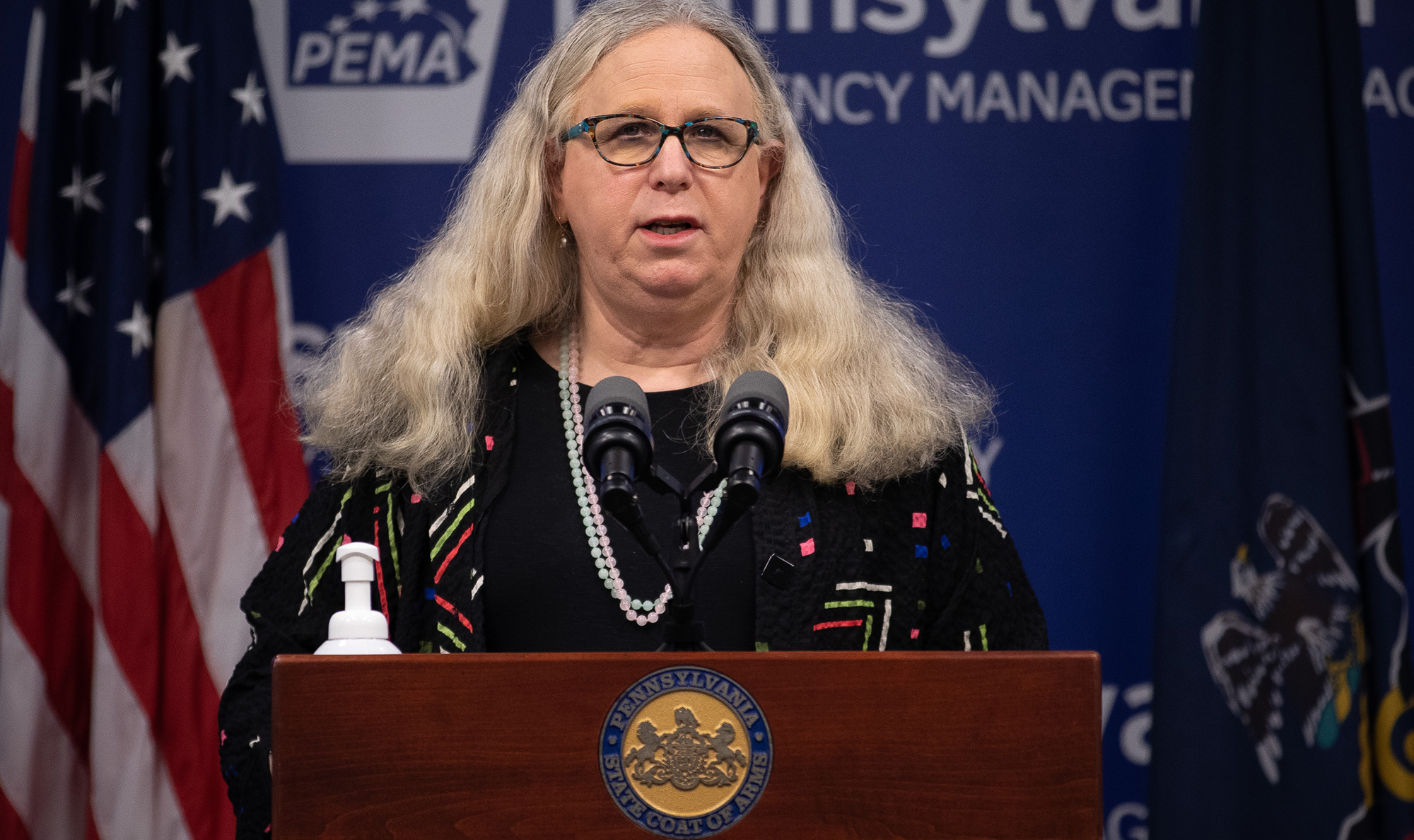
Secretary of Health Dr. Rachel Levine answering questions from the press. Harrisburg Pa. – June 5, 2020 (EPA)
Everyone knows Levine’s name; everyone has watched her press conferences. She is also well-known as openly trans. Even if you missed the physical clues, such as her relatively deep voice and tall stature – although these are of course shared by many cis women who fall outside physical stereotypes – she regularly grants interviews where she discusses her gender dysphoria and eventual transitioning.
Having such a visibly transgender person in a situation of political leadership, let alone mandating bar closures and banning gatherings, remains extraordinarily, and tellingly, rare. In 2019 Out magazine estimated that there were a total of 21 openly trans elected officials in the United States, out of half a million in total. The entire continent of Africa does not, to my knowledge, have any openly trans government leaders.
By all accounts, Levine is a star, having earned degrees from Harvard and Tulane, and rising to become one of the top doctors at the famed Hershey Medical Centre. The Republican-controlled Pennsylvania Senate unanimously confirmed her, without any attention to her gender identity.
She’s also been a beacon of calm competence in this crisis: intelligent, confident, unruffled, and projecting a motherly firmness about the need for, say, masks in farmers’ markets.
But like other pandemic leaders, she’s also attracted criticism. Republican lawmakers in Harrisburg have called for her to resign because of a policy she instituted early in the pandemic that sent Covid patients to nursing homes when all the hospitals were full. (Levine says she was following CDC guidelines at the time, and that almost all of the state’s nursing home deaths have originated from employees). Then, too, there have been the normal curmudgeons accusing her of curtailing life, liberty, happiness, and the all-American right to pass on a deadly illness.
Then came Saturday, 18 July. A group of hose companies held a fundraiser at the grounds of the Bloomsburg Fair, a giant agricultural fair held down the road every September. Hose companies – volunteer firefighting clubs in small-town America – have, like everyone else, been hit hard by the coronavirus, since they make most of their income from late-night bars.
However, the most popular game that day turned out to be a dunk tank. There, a man dressed in a garish parody of Levine – long, blonde wig, bookish spectacles, and a flowery dress – sat under a target. For a fee, locals could throw a ball, and if they hit the bull’s eye – bam, the mock cross-dressed Health Secretary would end up in a tank.
What was the Bloomsburg Fair thinking? Later that day, it tweeted: “Dr Levine? Thank you. You were a hit… I wonder why so many wanted to dunk you?” Later, the fair took down the post and distanced themselves from any suggestion of transphobia.
But for many, it was too late. Critics noted, first, that cross-dressing is almost never a part of these public dunking games. More usual is for a popular mayor, police chief, or other public figure to offer herself up, in good sport: I’ve had my own fair share of dips in the tank at the university where I teach.
Second, the question posed by the fair’s original tweet at least left the possibility of transphobia wide open. Put differently, in current American political life, it is sometimes hard to pull apart the strings of prejudice and ideology.
Did the good citizens of rural Pennsylvania resent Levine for closing down their beloved bars and hairdressers, or for being trans?
Did Pennsylvania coal country hate Obama, and peddle absurd conspiracy theories about him being born outside the US, because he restricted use of their black gold? Or was it because he was black himself?
At any rate, the dunking of Rachel Levine inspired Pennsylvania’s governor to condemn transphobia. It prompted Levine to accept the fair’s apology, while also asking Pennsylvanians to work harder to respect LGBT people. And, of course, it also inspired several more demonstrations, one on yet another steaming Sunday in the nearby town of Mifflinburg, Pennsylvania, site of the world’s only buggy museum.
This event, the first LGBT Pride Event in our region, intensely reminded me of Africa’s own first pride demonstration, in Johannesburg in 1990. At that event, many people wore masks made out of paper bags, for secrecy. Last week, we wore masks, too, to protect each other and passers-by from the virus.
In Johannesburg, three decades ago, the homophobes were out in force: bible-thumpers trying to save our souls; right-wingers with their AWB swastikas. Last week, too, there were missionaries galore, with bibles and salvation brochures; giant pickup trucks, with gun racks and Trump 2020 signs, revving their engines at us, and in some cases shouting “queer!” and “faggot!”
The coalition out on the streets — Black Lives Matter and Green New Deal, in addition to LGBT groups — also reminded me of the 1990s in South Africa. There, even as a large majority of South Africans disapproved of homosexuality, an equally emphatic “majority of oppressed groups” backed a Constitution that banned all discrimination.
Those were some fiercely hot days, too, both literally and figuratively, those final years of apartheid, as paramilitaries blew up my old high school athletics stadium to stop integration, as the economy cratered, and as shadowy third force assassins gunned down random bus passengers.
South Africa emerged from that into a peaceful democracy, with one of the world’s most progressive constitutions. What arises from this roiling time of uprising and backlash in America remains to be seen, but change is in the air: breathe deeply, and you can almost taste it. DM
Glen Retief’s The Jack Bank: A Memoir of a South African Childhood, won a Lambda Literary Award. He teaches creative nonfiction at Susquehanna University.

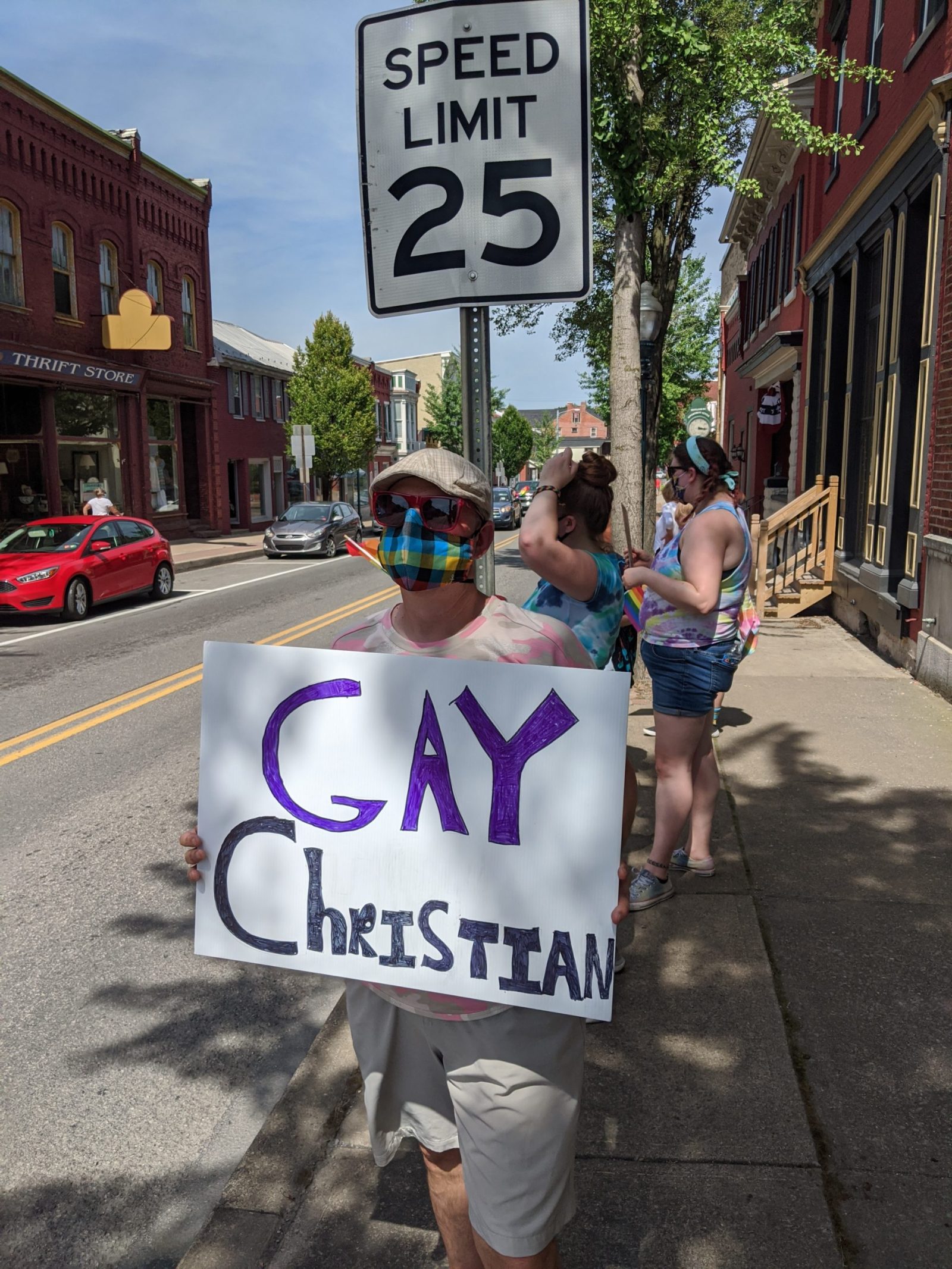
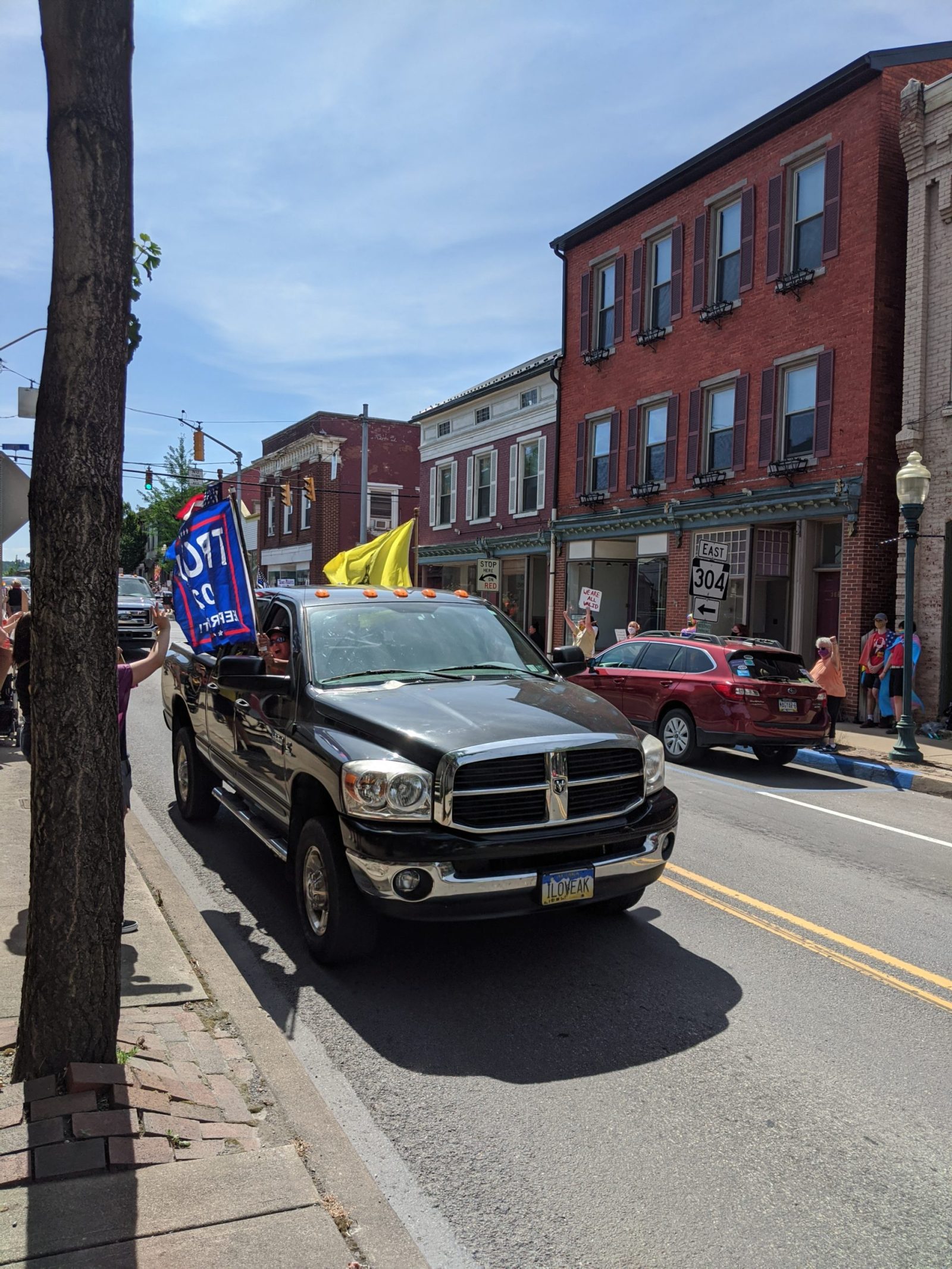
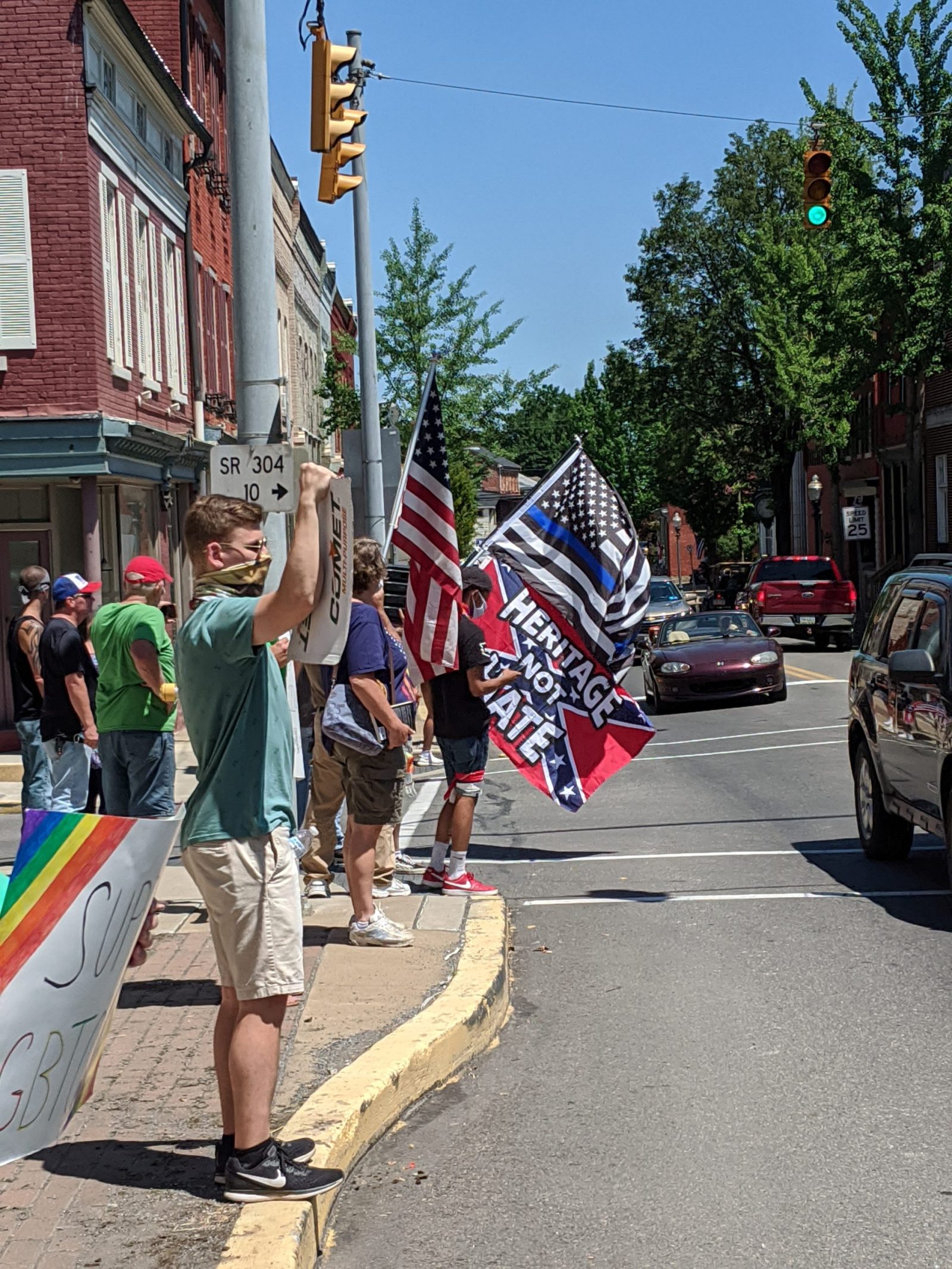
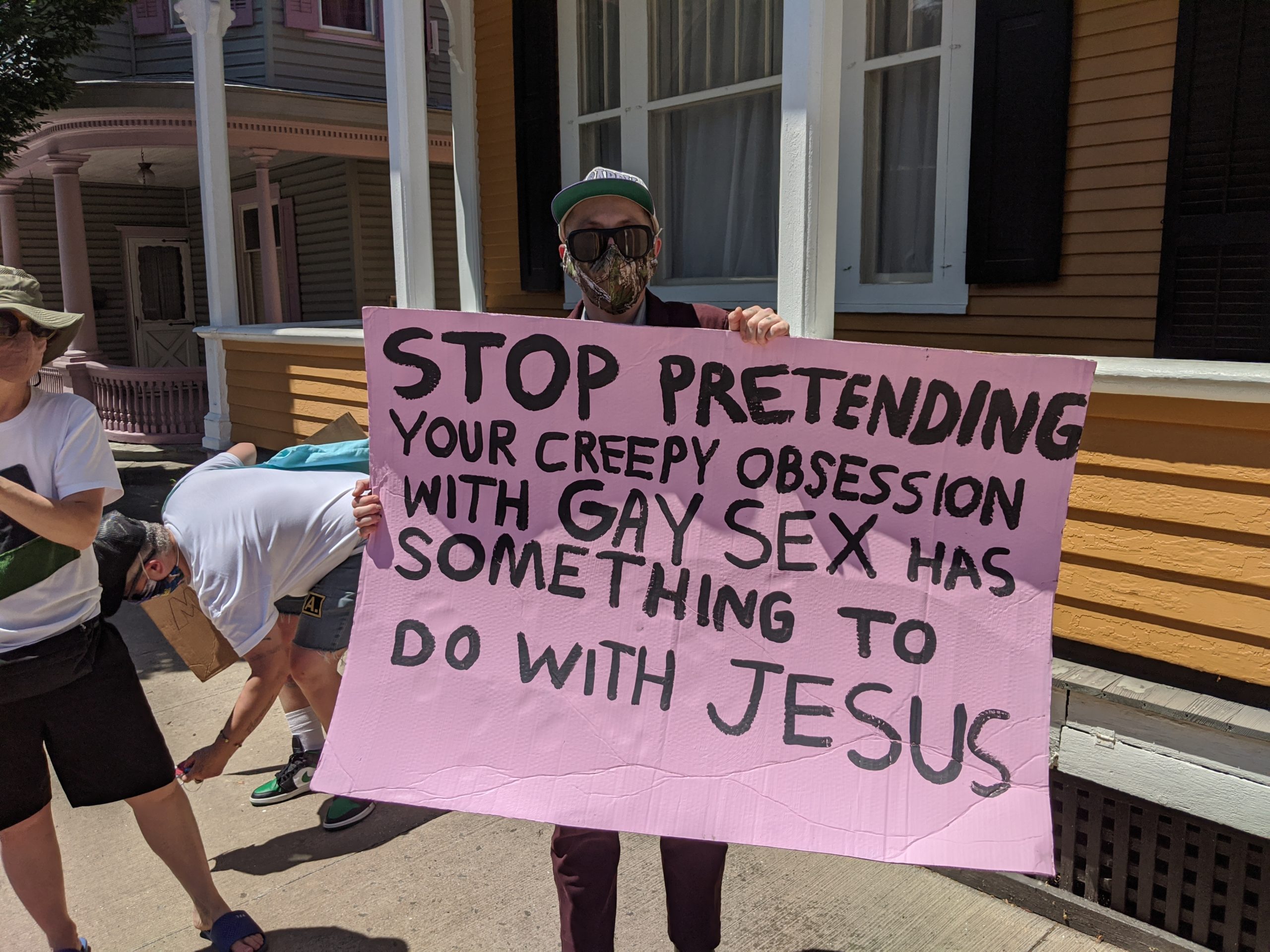
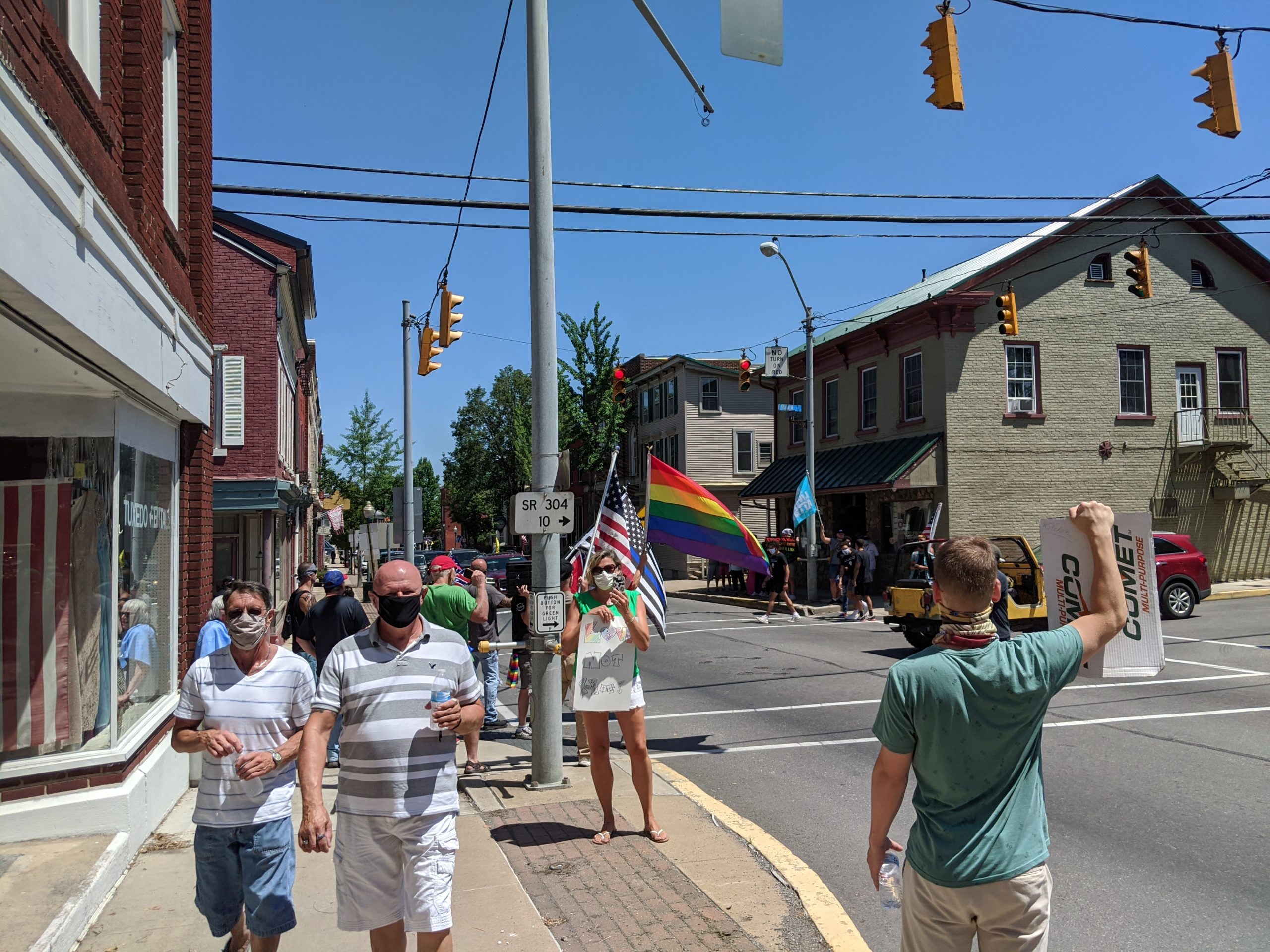

















 Become an Insider
Become an Insider